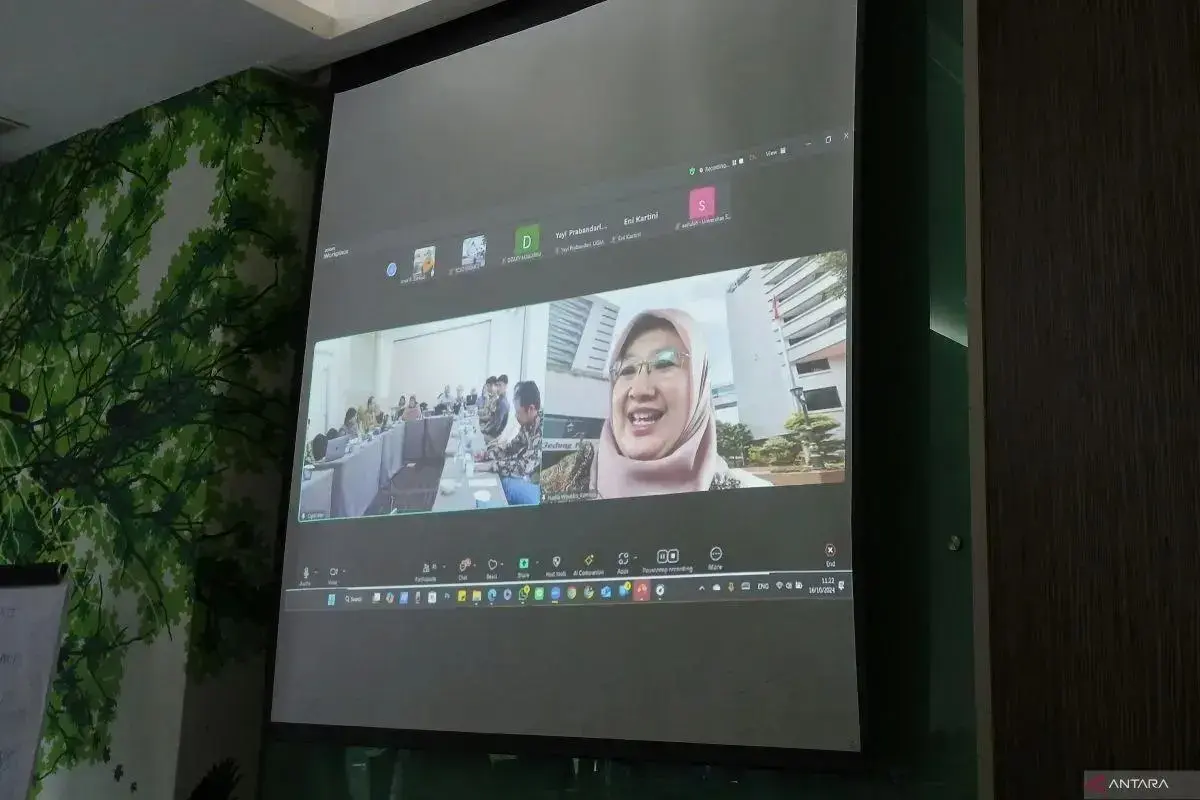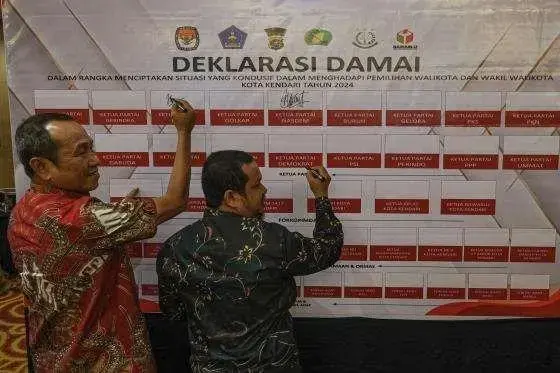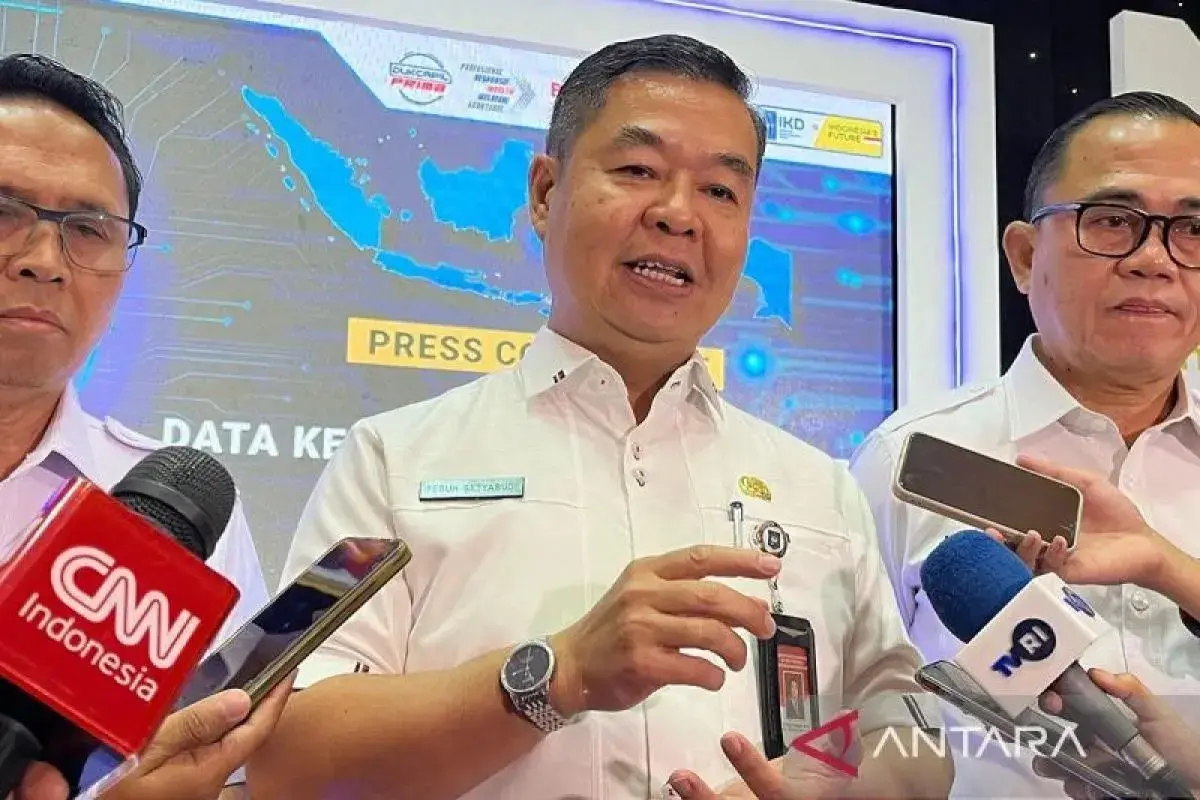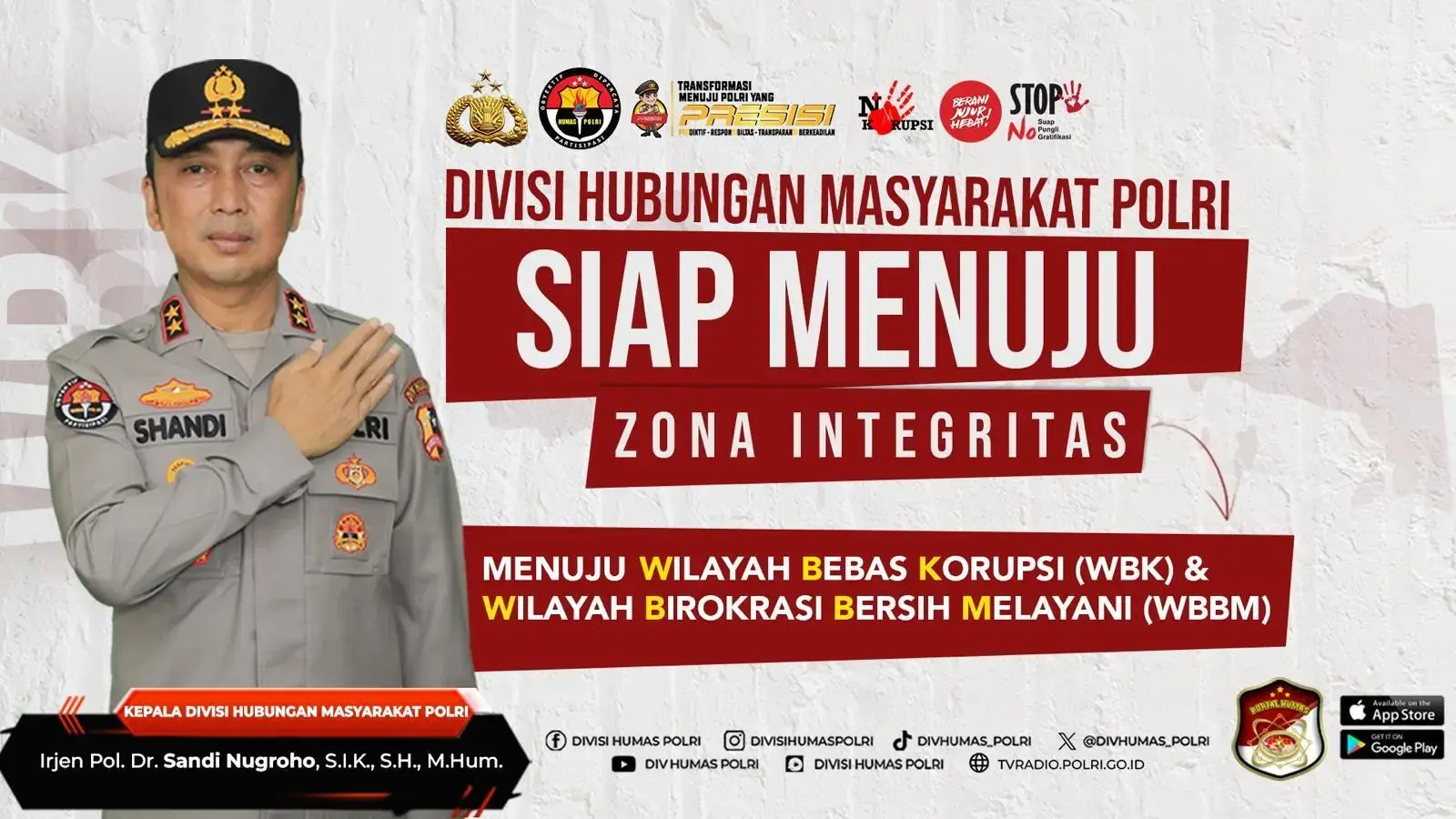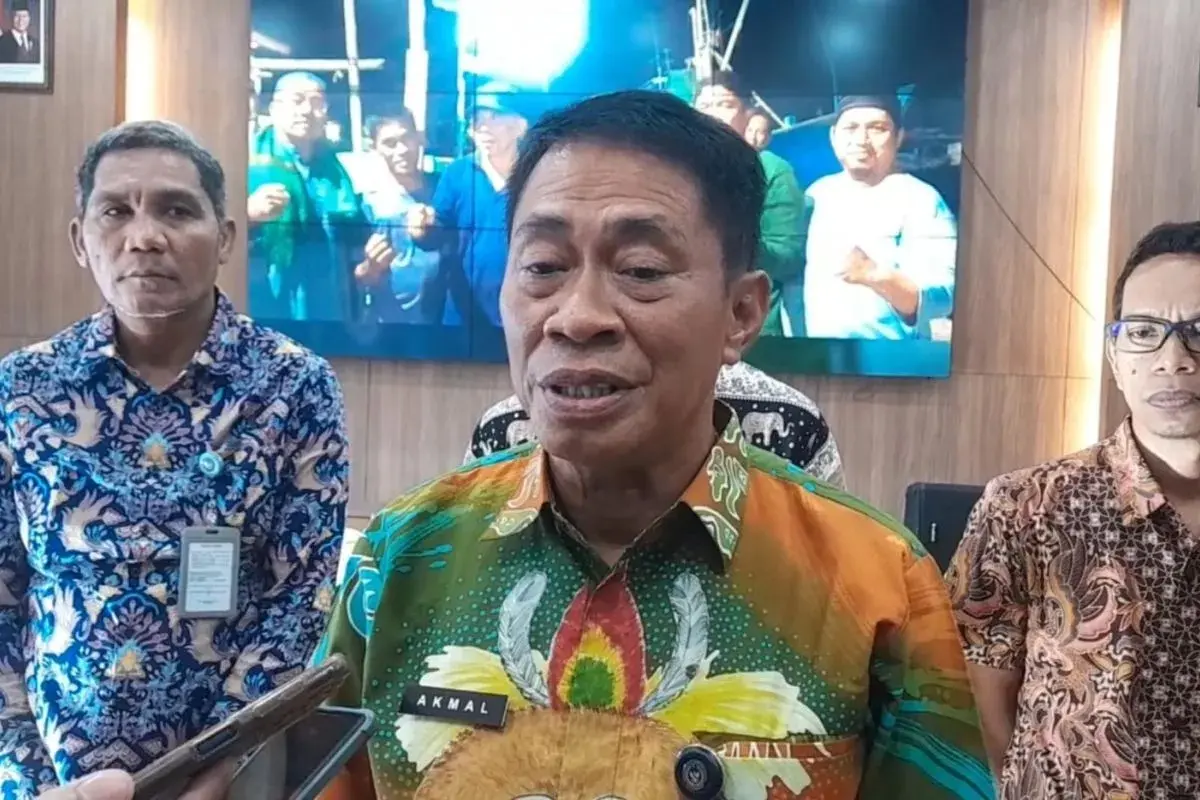inp.polri.go.id - Jakarta. The Ministry of Health (Kemenkes) is continuing the effort in reducing the number of deaths due to non-communicable diseases (NCDs) through smoking cessation services.
"We continue to implement various strategies to reduce NCDs, one of which is due to smoking. There is an increase in smoking cessation efforts, both through smoking cessation counseling services (UBM), feedlines, and chatbots," said the Director of Prevention and Control of Non-Communicable Diseases at the Ministry of Health, Siti Nadia Tarmizi on Thursday (10/17/2024).
Director Nadia explained that another strategy carried out by the Ministry of Health to reduce deaths due to NCDs caused by smoking is increasing health promotion efforts by utilizing various media to expand reach and increase public understanding.
"The next strategy is strengthening efforts to screen smoking behavior in schools, campuses, and the community, as well as in health services. The Ministry of Health has also collaborated and partnered in strengthening efforts to prevent and control diseases caused by tobacco," explained Nadia.
Another strategy is to conduct various advocacy in districts/cities that do not yet have regulations for smoke-free areas.
"As of October this year, there are 35 districts/cities that do not yet have regulations related to smoke-free areas (KTR)," said Director Nadia.
KTR is a room or area that is prohibited for smoking activities, producing, selling, advertising, and/or promoting tobacco products.
Based on Law Number 17 of 2023 concerning Health Article 151 paragraph (1), there are seven KTRs consisting of health service facilities, places for teaching and learning processes, places for children to play, places of worship, public transportation, workplaces and public places, and other designated places.
She also emphasized the importance of supporting facilities and infrastructure for controlling tobacco-related diseases.
"There needs to be support for facilities and infrastructure in optimizing tobacco-related disease control programs through strengthening the surveillance system, disease control, and strengthening human resources," said Director Nadia.
(ad/ndt/pr/nm)




